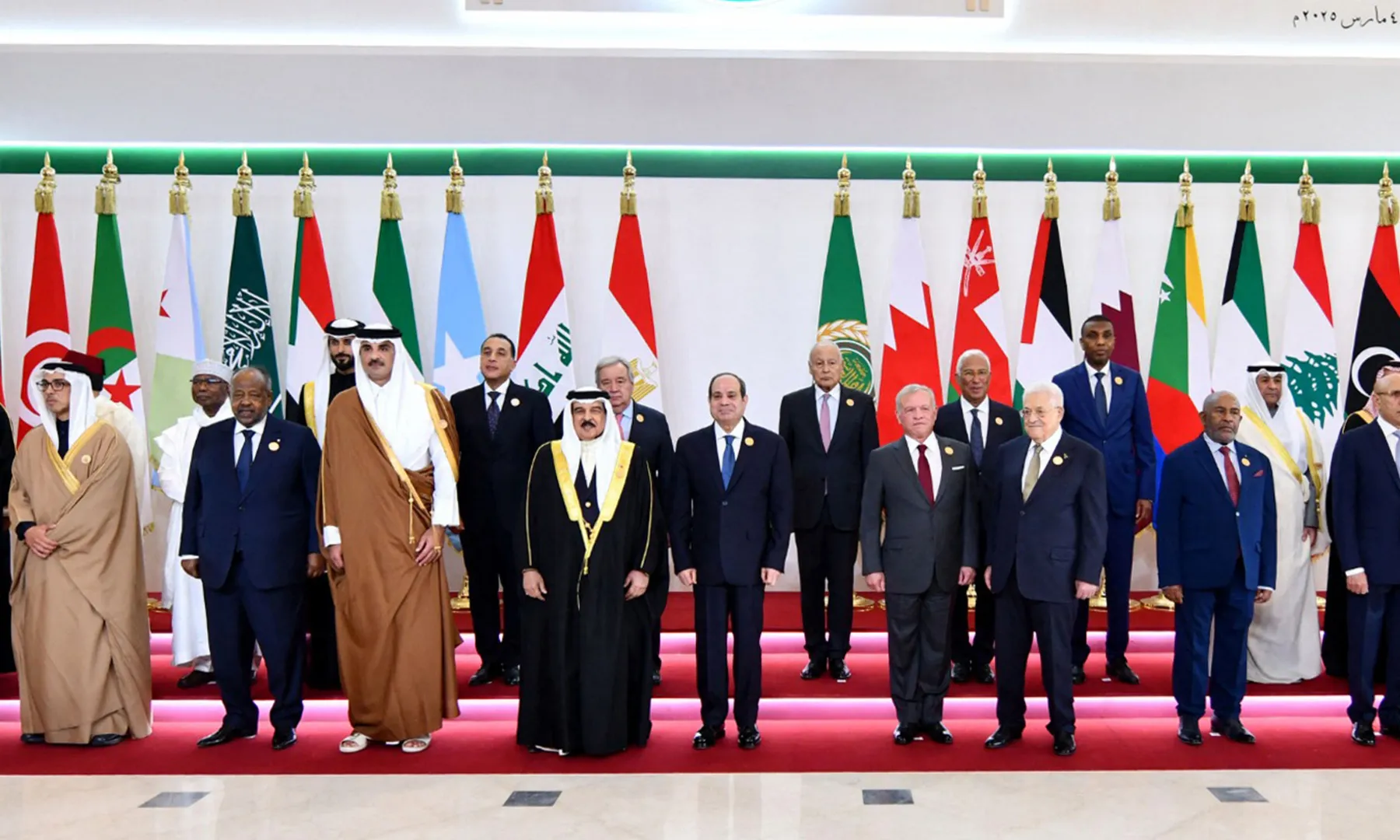Bolivia has joined the ranks of countries veering away from the U.S. dollar in cross-border trade, opting instead to conduct business using the Chinese yuan and the Russian ruble.
The move comes as Bolivia grapples with a dollar liquidity crisis amid severe shortages of the currency impacting its economy since February.
Economy Minister Marcelo Montenegro revealed that Bolivia conducted financial operations worth 278 million Chinese yuan ($38.7 million) between May and July this year, accounting for 10% of its foreign trade during the period. Bolivian exporters and importers are increasingly turning to the yuan for transactions, primarily in the banana, zinc, and wood manufacturing sectors, as well as for purchasing vehicles and capital goods.
Bolivia now follows in the footsteps of other South American nations, including Brazil and Argentina, in embracing the yuan for trade purposes. The trend is more pronounced in countries seeking stronger ties with China and aiming to reduce their reliance on the U.S. dollar for international financial transactions.
Experts acknowledge that while the use of the yuan is growing, a large-scale shift away from the U.S. dollar remains unlikely in the near future. The Chinese financial system’s relative closure and the enduring faith in the U.S. Federal Reserve present challenges to a more significant yuan internationalization.
Nevertheless, China views the growing acceptance of the yuan in international trade as a step towards challenging the dollar’s global dominance. With the economic situation necessitating alternatives to the expensive and scarce U.S. dollar, more countries are opening up to the idea of utilizing the yuan.
While the yuan’s usage is currently a small portion of Bolivia’s foreign trade, it may increase over time as Beijing continues its efforts to promote the yuan’s international status. The move towards diversification reflects Bolivia’s search for economic stability amid challenging conditions.
Despite concerns and criticisms from some analysts and opposition figures, Bolivia’s decision to adopt the yuan is seen as an alternative to address the country’s dollar shortages. The move reflects a broader trend in Latin America and the Caribbean, where nations are seeking alternatives to the U.S. dollar, in pursuit of greater financial autonomy and resilience.




